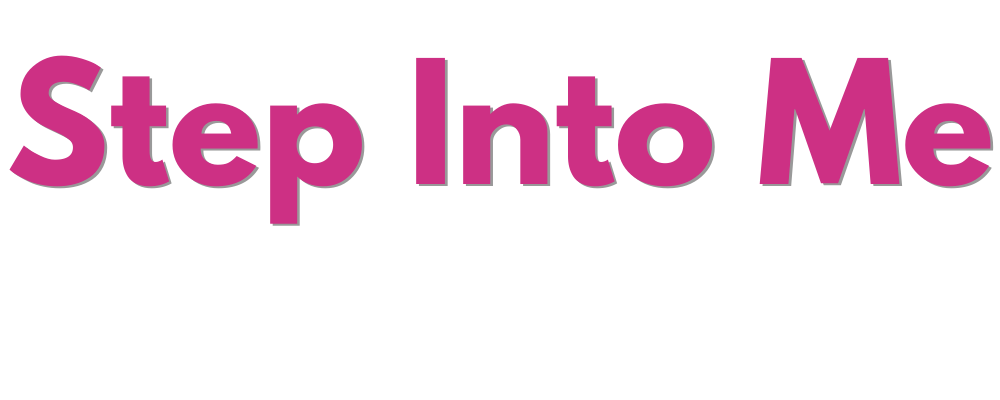“When ink kisses paper, the quiet voice finds its story.” I recently wrote that on top of a worksheet as I tried to explain why it had to be filled out by hand and not on a computer. I think the phrase captures the heart of what I’ve come to know as the magical power of putting pen to paper; a gentle, almost sacred act that connects us to the Quiet Voice within, that still, small voice so easily drowned out by the noise of daily life.
A Childhood Discovery
I can’t pinpoint the exact moment I discovered the power of getting my thoughts onto paper, but I do remember a very special diary entry I wrote in August 1977. I had just turned eight, and Elvis Presley was dead. My mum was in tears, and listening to the radio, it seemed the world was in a state of collective grief. My young self didn’t know how to make sense of it. No one I knew had ever died. Elvis was my first experience of loss. Confused and sad, I turned to my trusted friend: my diary.
Mine was a pink diary adorned with flowers and gold-edged pages that created a solid gold band when closed. Its plastic lock and key made it feel like a treasure chest for my innermost secrets. On 16 August 1977, I poured out my confusion, asking God why everyone was sad, especially so soon after my birthday. I wrote about my favourite Elvis song, “Return to Sender,” and how I loved singing along while listening to the cassette in my uncle’s car. I even drew a little cross headstone with the words “RIP ELVIS”. Even at eight, writing was helping me process emotions I couldn’t yet name.
A Lifelong Practice
That childhood act became a lifelong practice. Over the years, I must have written hundreds of thousands of words, some profound, some mundane, some wild and unfiltered. Sometimes, I vent; other times, I wish or pray; sometimes, I work through problems or simply let my mind wander. Journalling, as it’s now called, has helped me generate ideas, build courage, and surprise myself with insights I didn’t know I had.
It may come as no surprise that journals and pens are two of my favourite things. Give me a beautiful pen or notebook with cream-coloured pages any day (they must have cream-coloured pages; white will never do). I often have several journals on the go, choosing the one that calls to me in the moment. My writing isn’t so much a linear record of events, but a way for me to access the Quiet Voice that seems to know way more than my thinking mind.
Why Pen to Paper, Not a Keyboard?
There’s something magical about putting pen to paper. The physical act slows the mind, allowing thoughts to flow without the self-editing that comes with typing and the ever-tempting backspace key. Freeform writing, grabbing any piece of paper and letting words spill out, can be deeply cathartic. You don’t need to know what you’ll write. Start with “hello,” or “what would you like me to know?” or simply pour out whatever’s weighing on your heart. Even if it’s just a rant, the act of releasing it onto paper is often enough.
Connecting with the Quiet Voice
I have often said that writing is a form of DIY therapy. Sometimes, I find myself playing both therapist and client. A question will come to me from within, and pen-holding me will answer it, letting the conversation unfold. At times, those inner dialogues have become debates as my knowing self and ego clash. That’s the power of letting those conversations unfold. Sometimes, they reveal uncomfortable truths.
As Burghild Nina Holzer writes in A Walk Between Heaven and Earth, “Talking to paper is talking to the Divine. It is talking to an ear that will understand even the most difficult things. Paper is infinitely patient… Each time you scratch on it, you trace part of yourself, and thus part of the world, and thus part of the grammar of the universe”.
Writing as Spiritual Practice
Many writers and thinkers describe writing as a spiritual practice, a way to connect with something deeper, whether you call it the soul, the Divine, or simply your truest self. Julia Cameron puts it beautifully, “We should write because humans are spiritual beings and writing is a powerful form of prayer and meditation, connecting us both to our own insights and to a higher and deeper level of inner guidance”.
Putting pen to paper is not about perfection or outcome; it’s about presence, honesty, and the willingness to listen to what arises.
How to Begin
- Don’t worry about rules. Trust what comes.
- Start anywhere. Even “I don’t know what to write” is a beginning.
- Let your writing be for you – messy, raw, unfiltered.
- Try the DIY therapist technique – allow questions to come up, answer them, and then see what flows from there.
You don’t need to call it journalling or follow any specific method. Just let ink meet paper and see what your Quiet Voice wants to say. As you do, you may find, as I have, that the act of writing is not just about self-expression but about self-discovery and healing. It is, in the truest sense, magic.
Ready to live life on your terms? Read more blog posts from Step Into Me and find the courage to be true to yourself.




